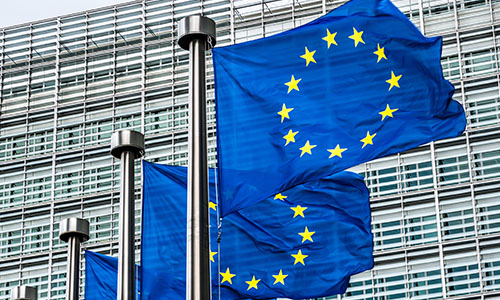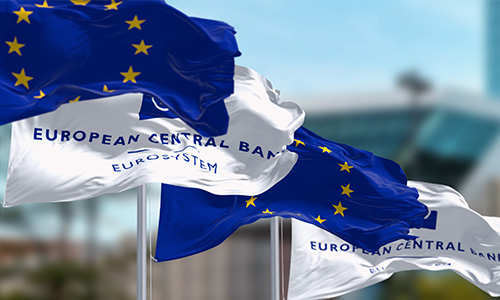Cybersecurity
5 cybersecurity risks in AI adoption
Artificial Intelligence (AI) needs no introduction, having managed to rapidly creep into all aspects of life. While in business, AI is creating a plethora of new potential opportunities and efficiencies, it is also presenting new challenges, including in the area of cybersecurity. So how exactly has AI impacted cybersecurity and what are the key risks that can be identified in its present form?
























